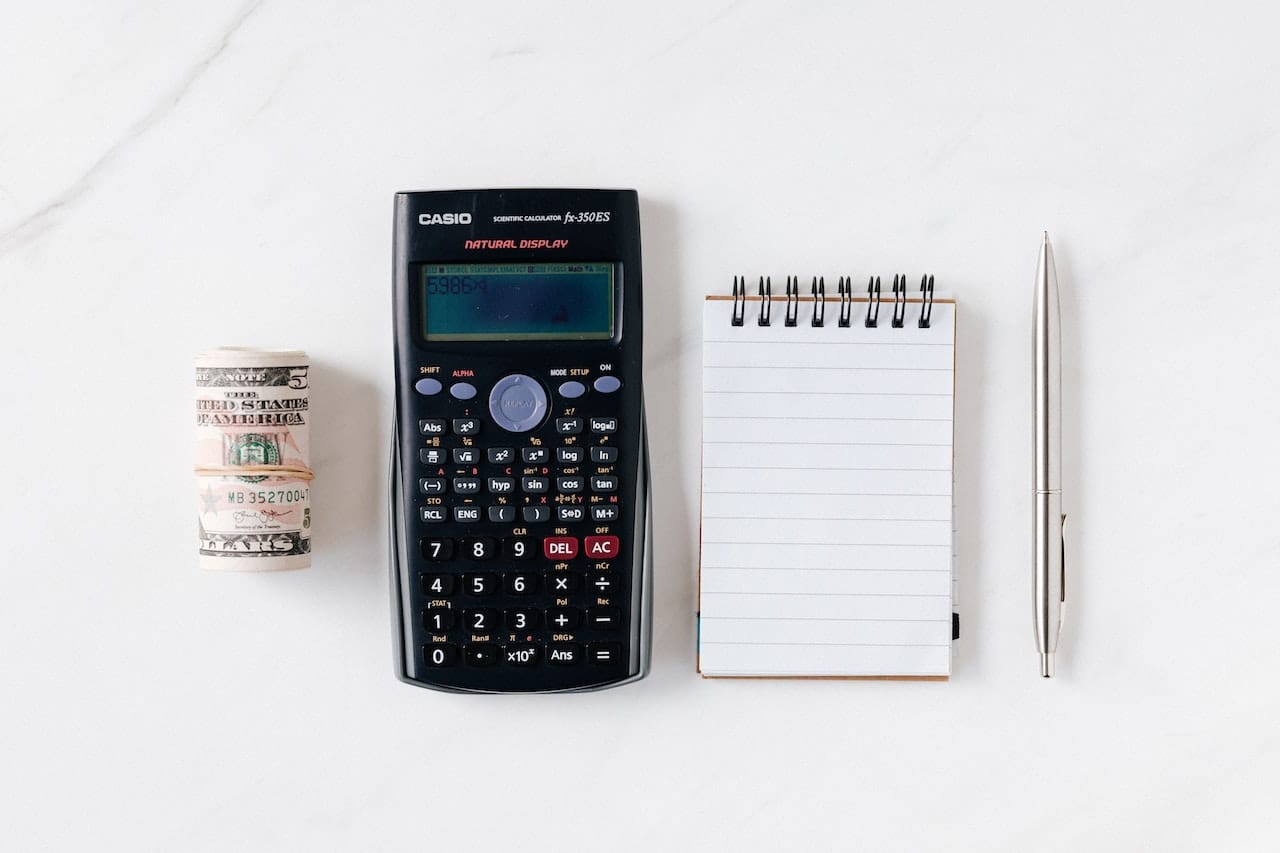
What Is a Credit Builder Loan?
A credit builder loan is a financial product that can help consumers establish a positive credit history. Unlike a traditional loan, borrowers will receive a
Brand

Are you thinking about working more than one job? Having a second job may be a great way to earn extra income to afford bills…

Key Takeaways
To endorse a check to someone else, confirm they’re willing to accept it, verify their bank allows third-party checks, sign the back with “Pay…
Budgeting

Consumers can learn how to drastically cut expenses by creating a weekly or monthly budget, setting financial goals, and by regularly reviewing and regulating their…

If you don’t pay your medical bills, the healthcare provider may contact you for payment. If you don’t pay that, your bills can go to…

The 10 best apps for budgeting include Mint, PocketGuard, and others. However, you may ask, “How can I find the best free budgeting app?” The…
Credit

Your credit score is an essential part of finances. It is based on several factors that are also a part of your credit history—a detailed…

There isn’t a universally recommended limit for hard inquiries, as it can vary based on individual credit profiles and the scoring models used by different…
View More
Debt

Consumers learn how to calculate a credit card payment by taking their interest rate and comparing it to their current account balance. The monthly payment…

If you don’t pay your medical bills, the healthcare provider may contact you for payment. If you don’t pay that, your bills can go to…

Leasing agencies often charge fees or other penalties to customers who want to end their lease early. However, sometimes breaking a lease is the right…
Interest Rates

Key Takeaways
Payday loans have fixed interest rates, which remain constant throughout the loan term.
These loans are short-term, often due on the borrower’s next payday,…

An interest rate is the amount lenders charge for borrowing money. It’s typically expressed as a percentage of the principal on an annual basis. Interest…
Loans

Key Takeaways
A Forgivable Equity Builder Loan is a down payment assistance program from CalHFA that offers up to 10% of a home’s purchase price at…

Key Takeaways
There’s no legal limit to how many car loans you can have, but most lenders are hesitant to approve more than two due to…

Consumers can calculate their car loan by using loan details such as their funding amount, monthly payments, interest rate, and any other fees/charges included in…
Quick And Easy Personal Loans Up To $2500*